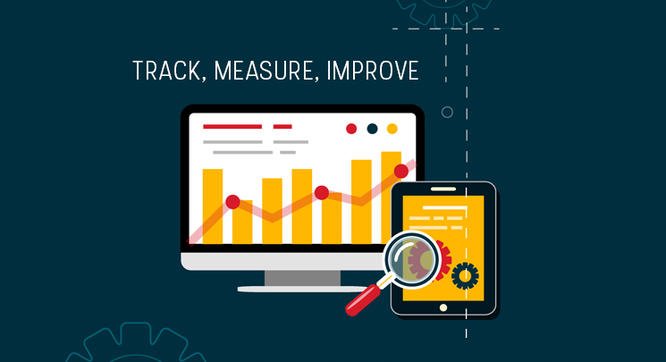The Most Crucial Event Data to Keep Track of
To make the leap from “event manager” to “event expert”, you need to do more than manage events. You need to break your events down into bite-sized pieces, study each piece, then evaluate how well your event has done – and decide how it can be improved.
And the only way to study your events with such detail, is by keeping track of vital event data. What sort of data are we referring to? Here’s our list of some of the most crucial event data that every event planner should keep track of.
Event Registrations and Check-Ins
These are the basics for every event. And though every event manager knows their registration numbers, not everyone keeps track of them. Be sure to also note your event check-ins.
This is incredibly important for events with free admission, or where a certain percentage of tickets may have been given away. You’ll want to know exactly who’s registered for your event (paid or otherwise) and who’s showed up. Post-event, you may even wish to follow up with non-attendees to ask for reasons why they decided not to (or could not) show up.
Event Engagement Levels
While it’s important to know how many people attended your event, it’s possibly even more important to find out how many of these attendees was engaged during your event.
In fact, we’d like to challenge you to go deeper. Find out which speakers attendees were more engaged with, and which activities they participated in with the most enthusiasm.
While these can be measured via post-event surveys, a more proactive way of keeping track of these statistics is with an event app that allows users to interact with speakers as they’re live on stage, ask and answer questions throughout the day, and participate in games and polls. (This also means that with an event app, you can easily gamify your events for even better engagement levels.)
Social Media Engagement
Ride the social media wave by creating an event-specific hashtag that event participants can use to post and tag event-related photos, videos and thoughts with. But don’t simply rely on participants to get your event online, have a team (or at least one dedicated person in your team) to spread the word about your event online.
Create conversations with posts and live streams from your event on popular social media platforms (we recommend Facebook, Instagram and Twitter), and measure how interactive your target audience is with you in the digital world.
Event Feedback
We have to admit, it takes some courage for event managers to ask participants for feedback. After all, it’s far easier to assume that everyone loves our events and would 100% return for the next one – but even if that’s true for 95% of your audience, it’s important to listen to what people have to say. After all, this is usually where event managers receive their most valuable feedback. If you have an event app, getting feedback is extraordinarily simple.
Your speakers or emcee can request for live feedback at any point of the event – after speeches, presentations, games or activities. Otherwise, a low-cost voting system will also allow you to collect feedback instantaneously, easily and accurately. Just please stay away from paper forms and pencils – the amount of work your team will have to do collating the results, just isn’t worth the small amount of money saved.
Plus, the last thing you’ll want at the end of an impressive event, is to have your event attendees believe that they’ve just travelling back to the 90s. (And not in a heartwarming, nostalgic way!)
Revenue (or Marketing/PR Value) and Costs
Decide whether the focus of your event is to increase revenue, deliver marketing leads, or deliver an increase in public exposure. If your unit for measurement is marketing or public relations (PR) value, then put a dollar amount to what you’ve gained in terms of marketing and PR, thanks to the event.
Balance these out against the costs you’ve accumulated, and you’ll reach one of your most important pieces of data, your……
Return-on-Investment (ROI)
Did your event return a positive ROI? If so, congratulations! That’s not the most important number though. Next, you’ll have to ask yourself how you could have increased your ROI. Sometimes, this answer is “by cutting costs” – however, you may be surprised at how “increasing costs” is more often the answer.
For example, our clients have found that investing in an event app significantly increases event participation, as wll as attendee satisfaction and happiness – leading to an increase in the metrics highlighted above – revenue, marketing value and PR exposure.
Need help getting started with measuring your event statistics? Speak with a friendly member of the Angage team for assistance, we’re happy to help.


